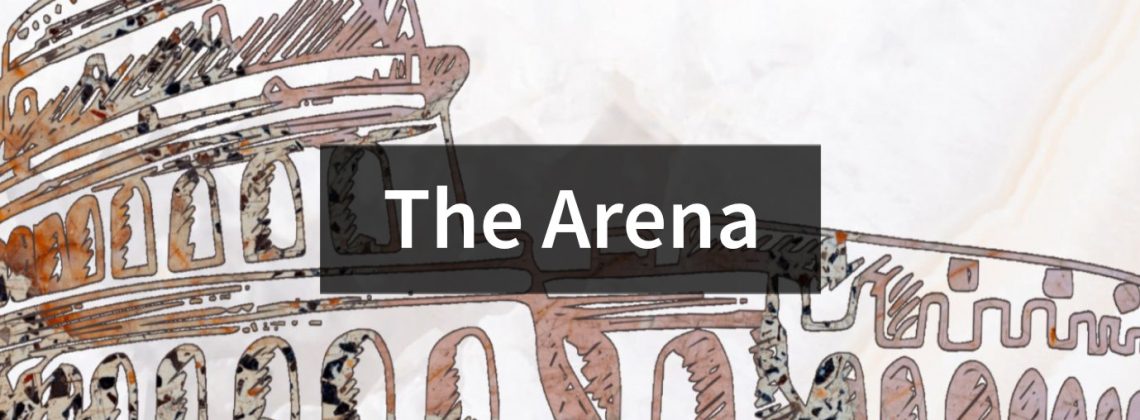

The Arena is taking a brief break until Friday, as I’m spending part of this week in Grand Rapids, MI, recording lectures to go with my next book — Christians Reading Classics. I’m very grateful for Dan and for incredibly kind friends who are helping out with our kids this week. I limit travel to two solo trips per semester, precisely because it would really be too disruptive for the family if I traveled more.
This book will be out in October from Zondervan Academic. Here’s a little bit about this project.
There has been a concerted effort over the past few years to consider why and how Christians should read books other than the Bible (reasons include spiritual formation, formation in the virtues, intellectual growth). I’ve appreciated books about this from Karen Swallow Prior, Jessica Hooten Wilson, and Zena Hitz, to name just a few. But the thing is, this is something that early Christians thought about as well. Should Christians read literature written by unbelievers–meaning the entire previous canon of Greco-Roman literature? And if so, how should Christians read such literature? Augustine gives us a good example in his writing: superbly versed in previous Greco-Roman literature, he weaves in references and quotations, some acknowledged and some just embedded without specifics–his readers would have recognized them. Augustine found that it was the contrast between the pagan gods and the God he encountered in the Gospels that ultimately brought him to Christ. I think about this a lot: Imagine how moving it would have been for someone with a thorough knowledge of Greco-Roman mythology to read the Gospels for the first time and learn about God who loves people, rather than the gods who treated human beings as disposable playthings.
But not everyone thought about this as Augustine did. Jerome (the translator of the Vulgate Bible–the Latin version that was basically THE Bible of the European Middle Ages) decided at one point in his life that he was too addicted to Cicero, the Roman orator, and that was a spiritual problem. To be precise, Christ appeared to him in a dramatic dream and accused him of being a Ciceronian rather than Christian. Ouch. So, Jerome quit reading the pagans cold turkey.
But most people in the pews today have the opposite problem from Jerome. I have yet to meet someone–other than a few professional Classicists–who has an addiction to Cicero. Instead, most believers today have maybe heard of Cicero–and Homer, Herodotus, Plato, Aristotle, Cicero, and Vergil, etc.–but are not quite sure why they should read them, and how to go about it if they do. So my book provides an overview of Greco-Roman literature for Christians with the goal of equipping believers to read these texts productively as Christians, seeing the longings for something greater than the here-and-now that so many of these ancient writers were trying to see but didn’t quite figure out.
In addition to the spiritual dimension of reading, one topic of interest to me is how reading affects democracy. This does connect to the role of reading in forming the character of citizens: virtuous citizens are better for the state than ones who are lacking in the virtues. Virtuous rulers are better too, by the way. While the language of virtues became honed over the course of the Middle Ages, we see a desire to educate citizens in the virtues in several different genres of Greco-Roman literature. It seems that many pre-Christian writers took the idea that you-are-what-you-read (or hear or watch) more seriously than we tend to do today.
I’m excited about this book!
The first two books by Dr. N. Williams were fantastic, well written, & vert erudite. I can only imagine how great this third book will be. I can hardly wait to read it but will have to be patient until October. Will the recorded lectures be available to individuals.
Maranatha,
John G.